Drug & Alcohol Rehab in Massachusetts | Paramount Recovery Centers
At Paramount Recovery Centers, a leading drug and alcohol rehab in Massachusetts, we understand that lasting recovery from addiction and mental health disorders takes more than just quitting substances—it requires a complete life transformation. Our Massachusetts-based addiction treatment center offers personalized care, dual diagnosis treatment, and ongoing support to help you or your loved one every step of the way.
If you or someone you love is struggling with substance use or mental health issues, call today to speak with a treatment specialist at one of the best rehab centers in massachusetts.
Addiction Treatment Programs in Massachusetts
Drug Detox Placement Massachusetts
Inpatient Treatment Massachusetts
Day Treatment Program Massachusetts
Standard Outpatient Massachusetts
Men’s Rehab Program Massachusetts
Women’s Rehab Program Massachusetts
Alumni & Aftercare Massachusetts
Request a Confidential Call
"*" indicates required fields
Your Path to Healing Starts at One of the Best Rehabs in Massachusetts
Compassionate, Personalized Care at One of the Best Rehabs in Massachusetts
At Paramount Recovery Centers, we understand that taking the first step toward recovery can feel overwhelming. That’s why we’re here—to offer hope, support, and a path forward through one of the best rehabs in Massachusetts. Our mission is to help individuals reclaim their lives from addiction with evidence-based, compassionate care.
Alcohol Rehab Massachusetts Can Trust
Whether you or a loved one is struggling with alcohol dependency, our specialized alcohol rehab in Massachusetts provides a structured, supportive environment to heal. We offer individualized treatment plans, detox coordination, and therapies designed to promote long-term recovery and personal growth.
Leading Drug Rehabs in Massachusetts
Addiction affects everyone differently. That’s why our drug rehabs in Massachusetts are built on a foundation of customized care. Our expert clinical team addresses both the physical and emotional aspects of addiction, offering programs that include PHP (Partial Hospitalization), IOP (Intensive Outpatient), and outpatient services.
Discover Rehab Centers in Massachusetts That Truly Care
At Paramount Recovery Centers, we understand that taking the first step toward recovery can feel overwhelming. That’s why we’re here—to offer hope, support, and a path forward through one of the best rehabs in Massachusetts. Our mission is to help individuals reclaim their lives from addiction with evidence-based, compassionate care.
About Paramount Recovery Centers in Massachusetts
We provide an atmosphere conducive to recovery in Massachusetts, with compassionate and professional staff dedicated to helping you get better. Our treatment specialists will begin the intake process with a physical and mental health evaluation to curate a highly individualized treatment plan catered to your unique needs and recovery goals. We strive to provide a safe, supportive, and trusting environment where clients can begin the road to recovery. Our experts are here to help you build a strong foundation for recovery that will last long after treatment has ended. We understand that it can be frightening to begin rehab, so we are always here to listen to your concerns about treatment.
Most Insurance Plans Accepted
We accept most major health insurance providers and some private insurance. We also offer payment plans for those without insurance. If you have health insurance, your policy may cover the costs associated with addiction treatment. If you don’t have health insurance, we are here to help you learn what options may be available to you or a loved one. Take the first step today and contact us at (978) 878-3677.
At Paramount Recovery Centers your recovery is always our priority!
Addiction Resources

Zaza Weed Decoded: Everything You Need to Know About This Elite Cannabis Trend
In the evolving lexicon of cannabis culture, few terms have generated as much buzz and confusion as “Zaza.”
Find Effective Alcohol Treatment Programs Near Me Today
Find effective alcohol treatment programs near you today. Get the support you need with personalized care options for recovery and…
Top Drug Rehabilitation Centers Near Me for Lasting Change
Find lasting change at top drug rehabilitation centers near you. Our tailored programs provide support for recovery, helping you reclaim…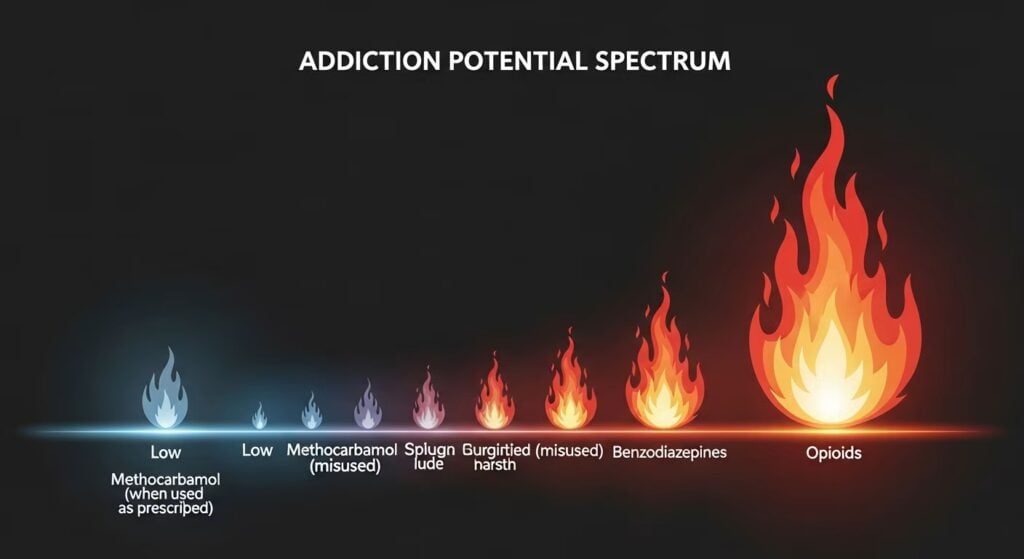
Is Methocarbamol Addictive? Your Complete Guide to Risk, Abuse & Withdrawal
When acute muscle pain from an injury or a chronic condition strikes, the need for relief is immediate and intense.…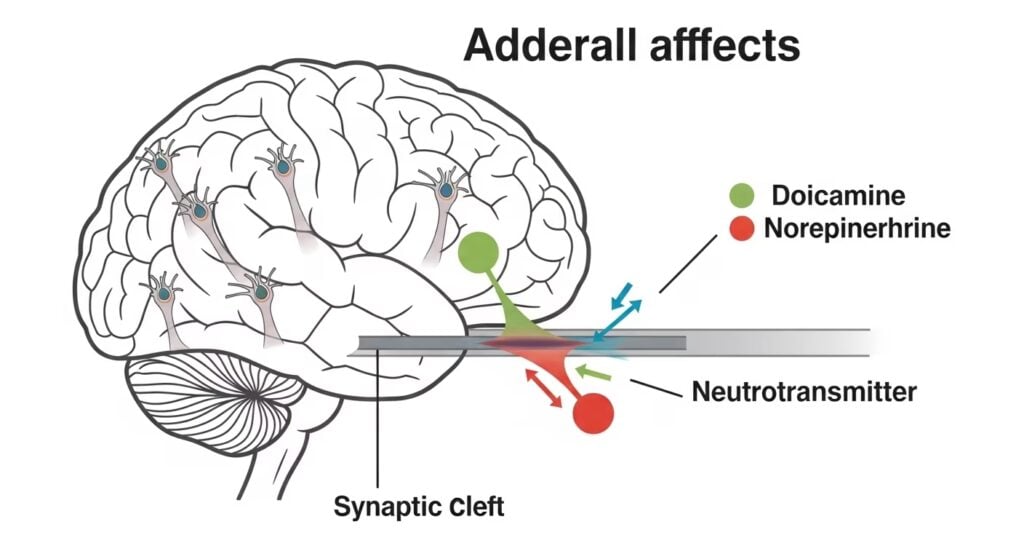
The Definitive Guide to Adderall Alternatives: Navigating Natural, OTC, and Prescription Options
The demand for enhanced focus and improved cognitive performance has never been higher. For many diagnosed with attention-deficit hyperactivity disorder…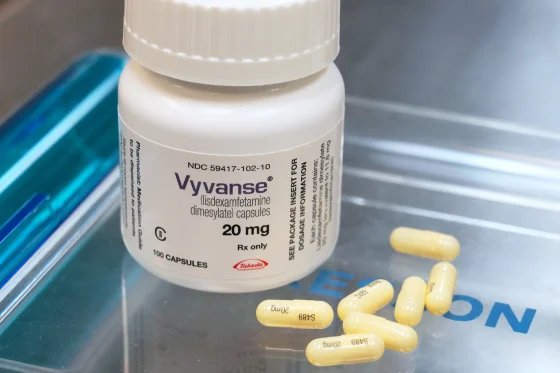
Vyvanse vs. Adderall: A Deep Dive into Effectiveness, Side Effects, and Personal Fit
Navigating the path to effective management of Attention-Deficit/Hyperactivity Disorder (ADHD) often leads to a crucial conversation about prescription medications.
Your Essential Guide to Drug Withdrawal: Symptoms, Timelines, and Treatment Options
Facing the reality of a substance use disorder is a monumental first step toward recovery. In 2023, this reality affected…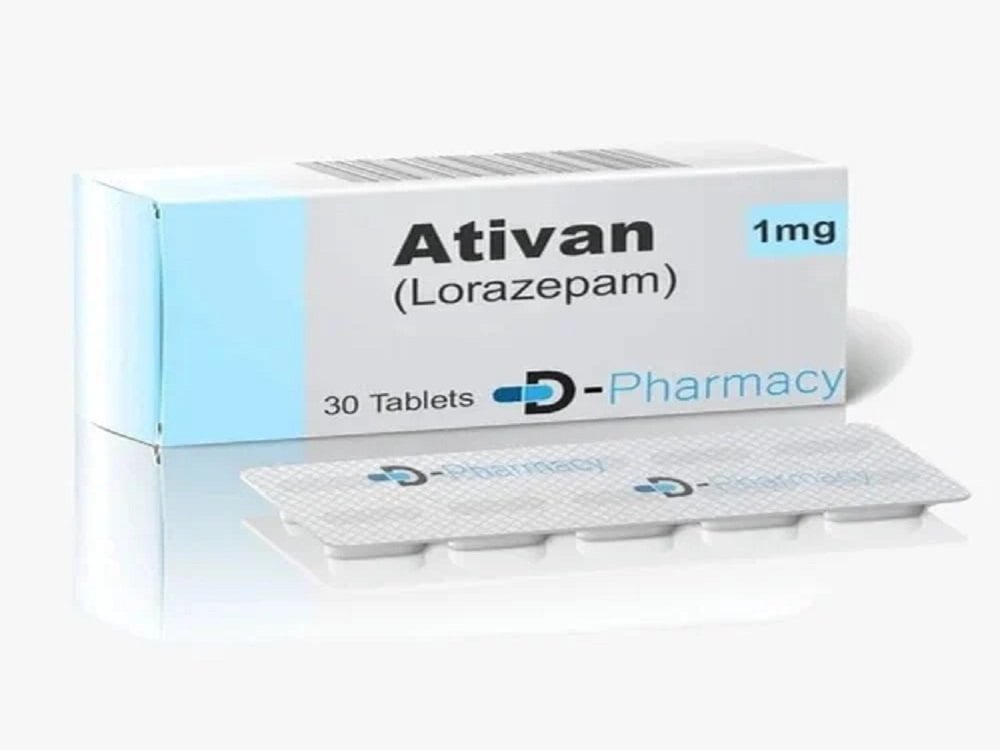
How Does Ativan Make You Feel: From Relief to Side Effects?
Ativan, the brand name for lorazepam, is a medication that exists in a world of duality. For millions, it represents…
Addiction Tools
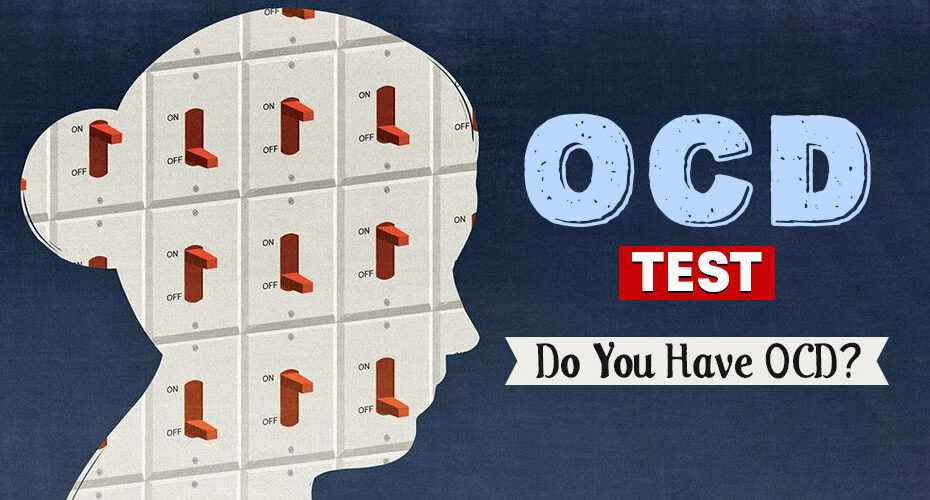
OCD Self-Assessment: Quick Online Test to Recognize Symptoms
Wondering if you have OCD? An OCD test can help identify symptoms and provide initial insights. This article covers what…
Addiction Calculator
Calculate Your Annual Spending on Alcohol and Drugs and Hidden Costs Using alcohol and drugs regularly costs far more than…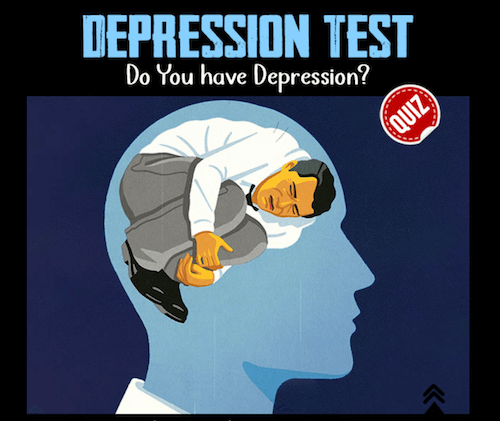
Free Depression Test – Quick, Confidential & Supportive
Take our free, confidential depression test to better understand your symptoms and explore next steps toward recovery. Quick, private, and…
Find the Right Therapist Near You
Ready to take the next step in your mental health journey? Connect with licensed therapists who offer personalized care for…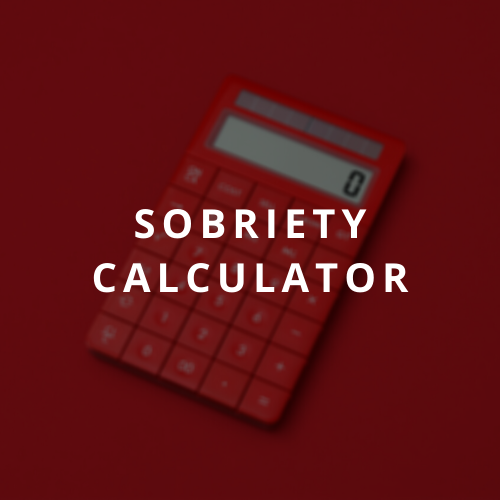
Sobriety Calculator
The sobriety calculator is a simple but powerful tool that helps you track exactly how long you’ve been clean from…
We Have Answers to Your Questions
What types of addiction do you treat?
We treat both substance addictions and behavioral addictions, recognizing that addiction affects not just the body but also the mind and emotions.
Substance addictions involve drugs or alcohol that physically alter the brain and create dependence. We help people struggling with alcohol, opioids, prescription drugs, cocaine, methamphetamine, marijuana, amphetamines, hallucinogens, inhalants, PCP, tobacco and more.
Behavioral addictions don’t involve substances, but they can be just as powerful. These include compulsive behaviors like gambling, internet and social media addiction, pornography addiction, shopping addiction, exercise addiction, and more. Many people struggling with substance use also find themselves caught in unhealthy patterns of behavior that can take over their lives. We address both substance and behavioral addictions to help people regain control.
Since addiction often goes hand in hand with mental health challenges like anxiety, depression, and impulse control disorders, we also offer dual diagnosis treatment. By treating the whole person—not just the addiction—we help people find lasting recovery and a healthier way forward.
How long does treatment last?
The length of treatment varies for each person, depending on factors like the severity of addiction, the substance used, and individual progress. Detox is usually the first step and can last anywhere from a few days to a couple of weeks, depending on withdrawal symptoms and medical needs. After detox, inpatient rehab programs typically last 30, 60, or 90 days, though some people benefit from a longer stay. Partial hospitalization programs, which provide structured treatment while allowing for more independence, usually last anywhere from a few weeks to a couple of months. Intensive outpatient programs often continue for about eight to twelve weeks, with therapy sessions multiple times per week, while standard outpatient care can last several months or longer, depending on ongoing needs.
Because recovery is a lifelong process, treatment doesn’t necessarily end after a set number of days. Long-term success often depends on ongoing support, including therapy, aftercare programs, and peer support groups. We work with each person to develop a plan that helps them stay on track and build a strong foundation for lasting sobriety.
What therapies do you use in treatment?
We use a mix of evidence-based and holistic therapies to help people recover from addiction and build a solid foundation for long-term sobriety. Our approach blends traditional talk therapy, hands-on experiential therapies, and specialized treatment methods to address both addiction and any underlying mental health struggles.
Our therapy options include cognitive-behavioral therapy, dialectical behavior therapy, motivational enhancement therapy, and relapse prevention therapy. These approaches help people recognize negative thought patterns, manage emotions, work through trauma, and develop healthier coping skills. For those dealing with both addiction and mental health challenges, our dual diagnosis treatment provides integrated care to address both at the same time.
We also offer different recovery paths, including the 12-Step model and SMART Recovery, so individuals can find the approach that works best for them. Since addiction affects not just the individual but also their loved ones, we provide family therapy and educational workshops to rebuild relationships and strengthen support systems.
By combining different therapeutic methods, we create a personalized treatment experience that helps individuals heal, grow, and stay on the path to lasting recovery.
Do you offer aftercare support?
Yes, aftercare is a crucial part of long-term recovery, and we provide ongoing support to help individuals maintain sobriety after completing treatment. Recovery doesn’t end when someone leaves our program—it’s a lifelong journey, and we’re committed to helping each person stay on track.
Our aftercare services include continued therapy, relapse prevention planning, and access to support groups like 12-Step meetings and SMART Recovery. We also offer alumni programs that provide a strong network of peers who understand the challenges of staying sober.
Having a solid aftercare plan increases the chances of long-term success, and we work closely with each person to develop a plan that fits their unique needs. Whether it’s through ongoing counseling, peer support, or structured recovery programs, we make sure no one has to navigate life after treatment alone.
Do you provide treatment for co-occurring mental health disorders?
We offer specialized treatment for individuals struggling with both addiction and co-occurring mental health disorders. Many people battling substance use also experience conditions like anxiety, depression, PTSD, bipolar disorder, or other mental health challenges. Our dual diagnosis treatment approach ensures that both issues are treated at the same time, rather than addressing addiction separately from mental health.
Treating addiction without addressing underlying mental health concerns can make long-term recovery more difficult. That’s why our team takes a comprehensive approach, providing the support and tools needed to help individuals achieve lasting recovery and improved mental health.
Can family be involved in the treatment process?
Family involvement is an important part of the recovery process, and we encourage loved ones to participate in treatment whenever possible. Addiction doesn’t just affect the individual—it impacts the entire family. Healing relationships, improving communication, and building a strong support system can make a significant difference in long-term recovery.
We offer family therapy sessions, educational workshops, and support groups to help loved ones understand addiction, set healthy boundaries, and learn how to provide effective support. These sessions give family members a safe space to express their feelings, work through past challenges, and rebuild trust.
